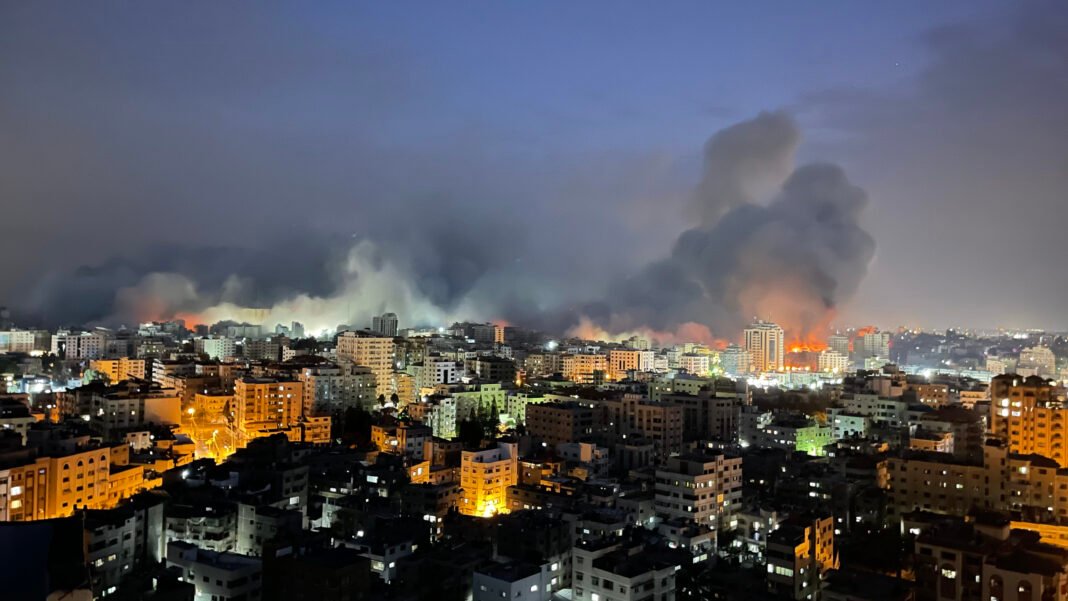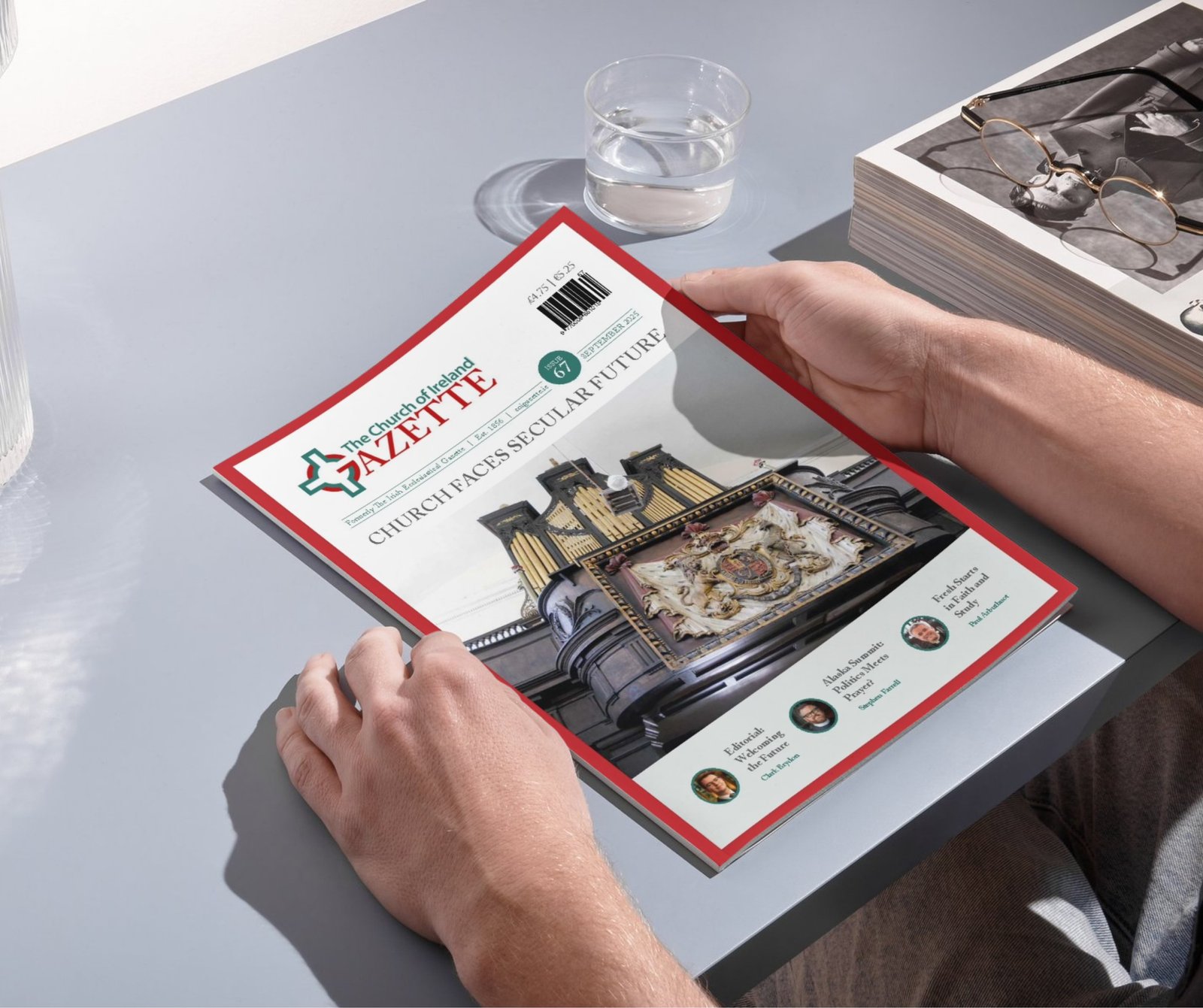Over the last few weeks, we have watched the Middle East descend further into violence and tragedy. The complexity of the region’s history defies easy answers. For people of faith, the instinct is to pray, to lament, and to yearn for peace. But beyond the headlines, we are also called to ask what it means to be faithful witnesses in times of great tension, and how the Gospel urges us to live differently.
This month has also seen elevated tensions on the streets of this island. A peaceful protest in Ballymena promptly descended into race riots. The subsequent week of unrest led to Ballymena being mentioned nearly 80,000 times on social media platforms, primarily by accounts based outside of Northern Ireland. The Bishop of Connor and the Rector of Ballymena condemned the violence, and the Archbishop of Armagh blamed ‘shadowy people’ for stoking the criminal action. Meanwhile, anti-immigration protests took place near St Mary’s Cathedral in Limerick, under the banner, ‘Limerick says no!’ The Bishop and the Dean there responded: ‘Limerick says yes!’
Tensions are not only geopolitical. They run through the life of the Church as well, particularly around matters of identity, inclusion, and theology. The recent Pride service at Christ Church Cathedral in Dublin has, once again, exposed deep divisions in how we understand Scripture and pastoral care. These are not abstract disagreements; they are matters that touch real lives and cause real pain. They must be approached with sensitivity and theological integrity — something often easier said than done.
At first glance, it may seem impossible to connect warfare with ecclesiastical disagreements over human sexuality, or indeed with our quiet work of religious journalism. But each of these — in their own way — speaks to the question: how do we live together amidst profound difference? And more pointedly: can the Church model a way of being that is not shaped by enmity or fear, but by grace, patience, and a willingness to listen even when it hurts?
In the Middle East, peacemakers are often seen as naïve or dangerous. In the Church, those who occupy the middle ground are often dismissed as indecisive or compromised. But reconciliation is not neutrality. It is a costly, courageous act: a Gospel calling. Jesus’s ministry constantly disrupted both religious rigidity and political tribalism. He never shied away from the real suffering of people on the margins, nor did he indulge in simplistic solutions. His way was love. Not a sentimental love, but a sacrificial one.
Journalism, when it is at its best, bears witness to this tension. It tells the truth. It shines light on what is difficult. It gives space to the unheard. The Church needs such journalism — not as gossip or clickbait, but as a spiritual practice of accountability and reflection. A publication like the Gazette must be a forum for uncomfortable questions and careful listening. In our increasingly polarised world, where soundbites shout louder than nuance, the Church must be one of the last places where people of profoundly different convictions can sit at the same table and share in the same meal.
None of this is easy. It is tempting to withdraw, to entrench, or to ignore the pain that difference brings. But the Gospel points to a third way: a cross-shaped life, where reconciliation is not merely theoretical but embodied. If we are serious about being the body of Christ, then we must carry one another’s burdens, even when we do not share one another’s beliefs.
If the Church is to be a place of radical welcome and serious conversation, then its publications must be places of both truth-telling and bridge-building. The Gazette, at its best, offers this sacred space.
In this issue (the last of this design), you will read about disagreement, rioting, scandal, and destruction; however, you will also find growth, learning, celebration, and hope.
As we pray for peace abroad, may we remember that our witness is not tested by how loudly we speak, but by how deeply we love as a people of peace in a world of war.




